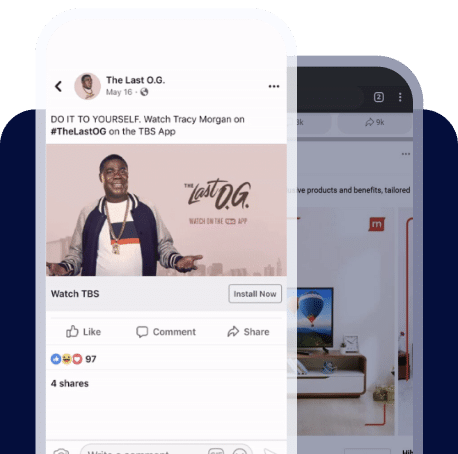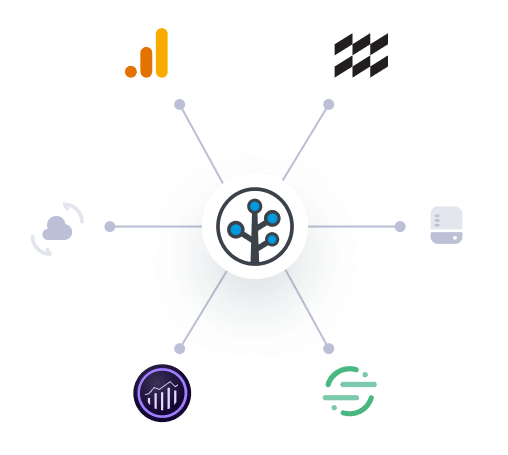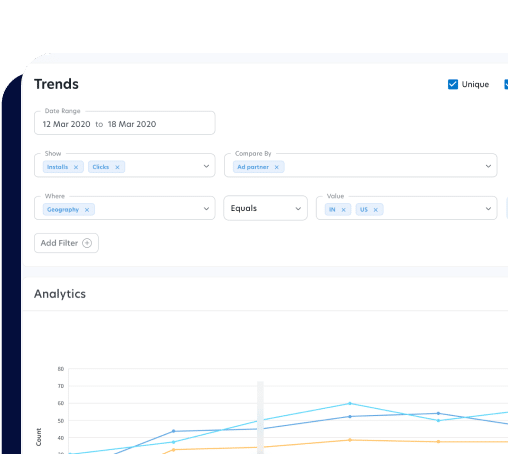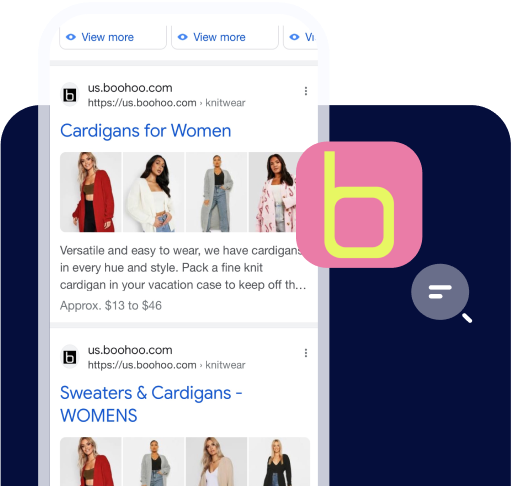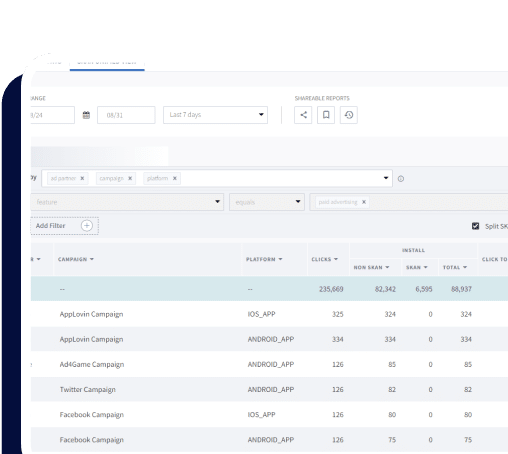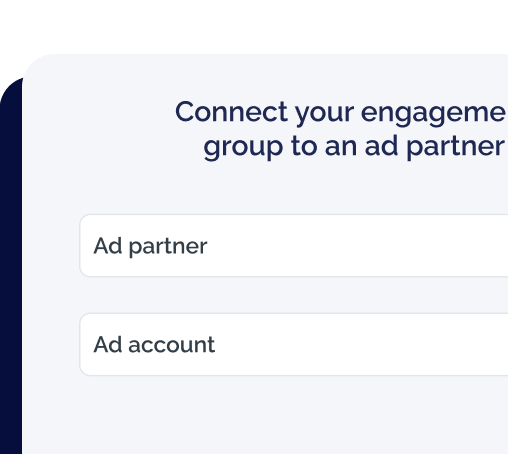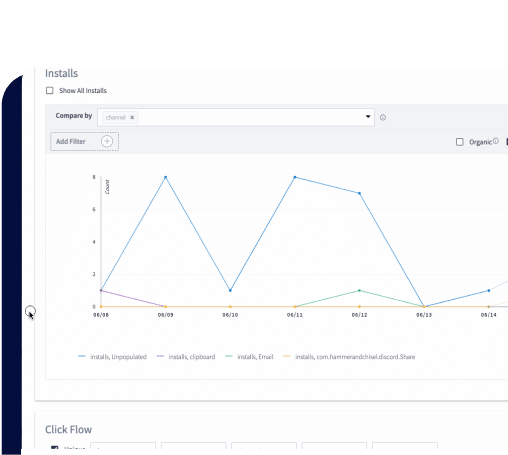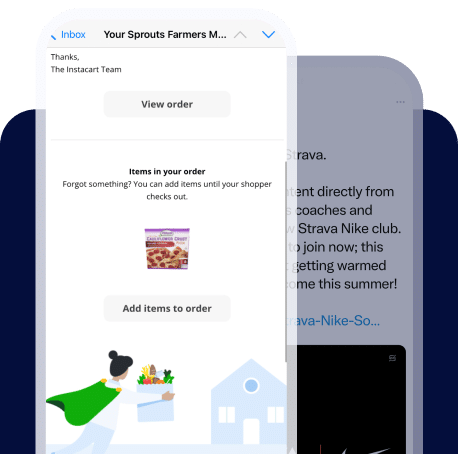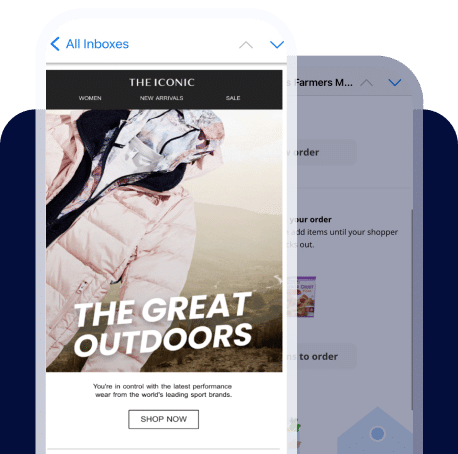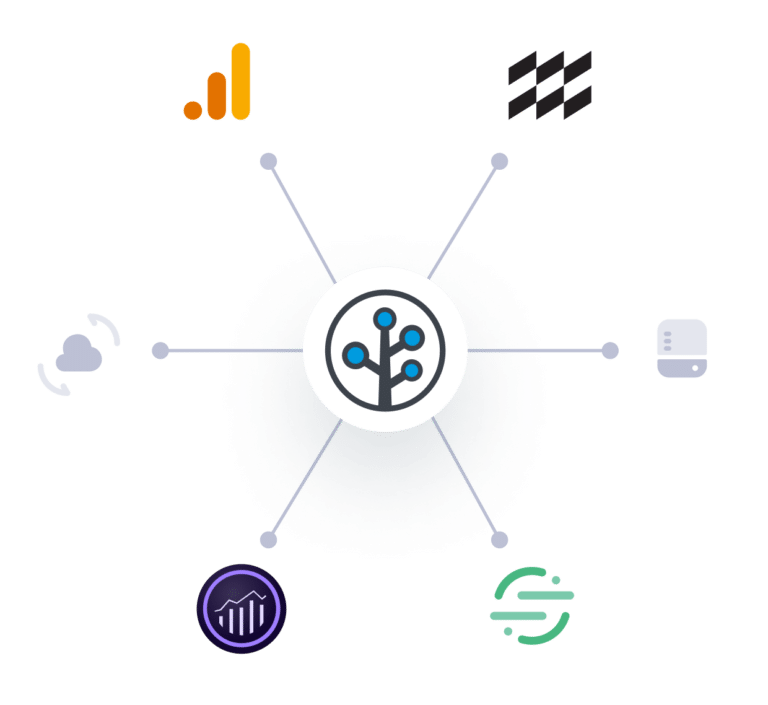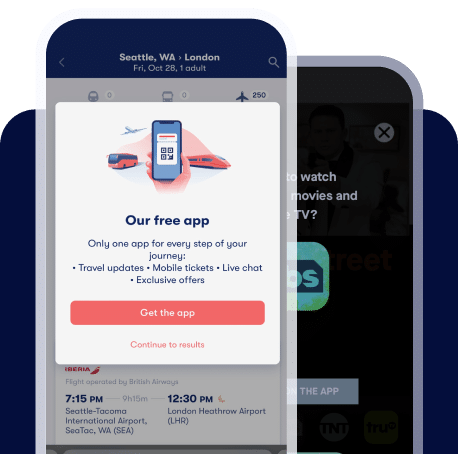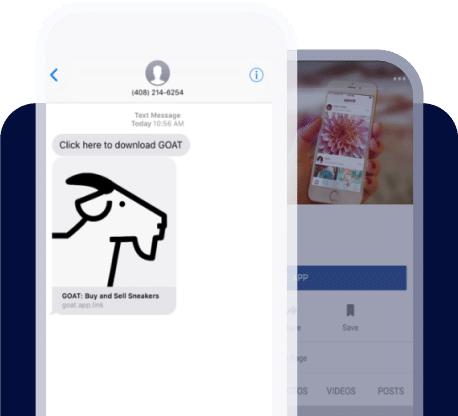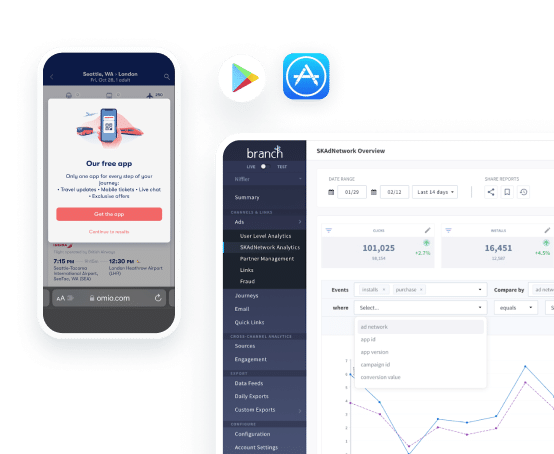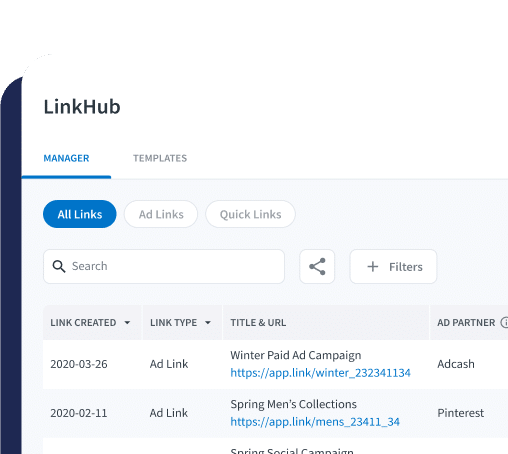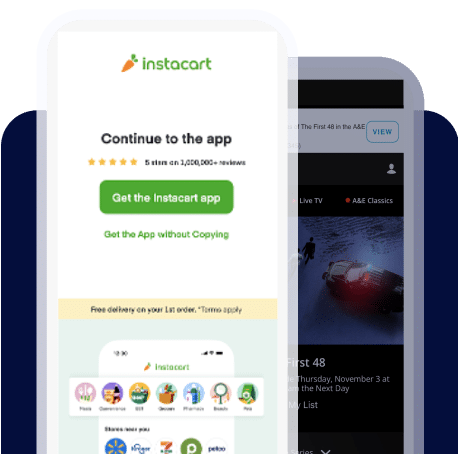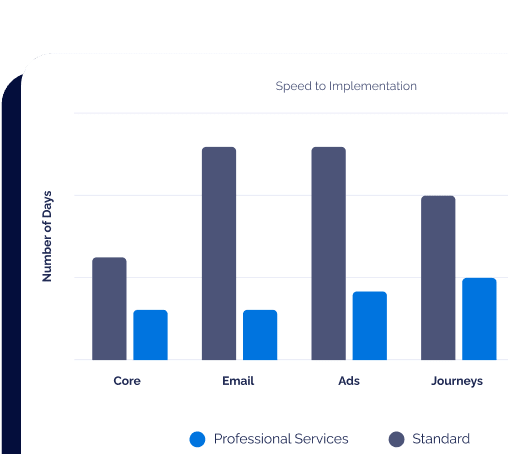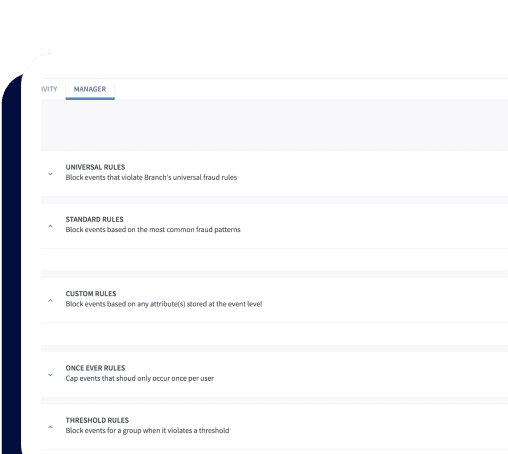As the market leader for mobile linking and measurement, Branch has to walk a fine line when it comes to the product choices we make. On one side, we act as a representative of the union of app developers. We represent thousands of mobile-focused businesses whose livelihoods depend on the app stores. I see it as Branch’s job to fight for the rights of these businesses, and do whatever is possible to ensure they are treated fairly as the app store product and policies continue to evolve over time.
On the other hand, as a third party service provider, these businesses place immense trust in us. They trust that our code is robust and reliable. They trust that we invest in security and data protection to ensure their data remains safe. They trust that we go the extra mile to protect the end user and their data. And most of all, they have to trust that we comply with all regulatory and policy rules. Branch must never add risk to the operations of these businesses.
Occasionally, there are choices that require us to balance these two: fighting for their rights, and policy compliance. The iOS 14 / AppTrackingTransparency (ATT) / IDFA changes are a perfect example of this. Let me explain.
In January, Apple removed all ambiguity (see FAQ in Attributing App Installs) about whether or not a company could perform advertising attribution in the case where AppTrackingTransparency (ATT) had not been accepted. It’s absolutely clear that if a user has not accepted ATT, no one – not even the advertising app or its CRM tools – can attempt to join an app install to an advertising click for attribution. They must use Apple’s SKAdNetwork (SKAN) framework or get permission via ATT.
At this point, at Branch, we faced two paths:
- We could manufacture a convoluted interpretation of Apple’s policy language that allows us to somehow still justify tracking the user without their consent.
- We can fundamentally alter our product to stop tracking users without ATT consent, and only use SKAdNetwork for ad attribution until the user opts in.
The pressures to pursue path #1 (policy workaround) are very strong. Attributing users at a device level is an incredibly important service for advertisers. Shouldn’t we fight back on behalf of all the companies that depend on this data? Plus, if Branch can’t do this, will our customers still continue to pay money for advertising attribution?
But what of the risks of path #1? If Apple does crack down on any service that attempts to exploit a fuzzy interpretation of their new policy, the thousands of apps that trust Branch could face rejection or worse from the App Store. Their brands could be unfairly tarnished with a public perception of poor privacy behavior based on Apple’s arbitrary rules.
As you might have seen in our blog post from February, we decided to go the conservative route with path #2 (full compliance). This will impact the value of paid ads attribution and could be very disruptive to the many businesses who depend on this data. While we may not agree fully with some of Apple’s decisions around the ATT implementation, we understand the intent and have built our product to ensure you are safe. Our choice makes us confident that the companies who trust Branch will be following the spirit and the letter of Apple’s new policy and will be safe from store rejection.
Every company in the ecosystem faced this choice. And if you think it was an easy one, the jury is still out on whether path #2 was correct. There are still app tracking companies that have decided to pursue path #1 and put their entire customer base at risk of rejection.
If Apple’s enforcement actions over the next year will establish the precedent (as they have in past cases) that Apple doesn’t intend their policy language to be interpreted this strictly, the iOS industry may be in a situation where the risk of rejection goes away and Branch will revisit this decision to remain competitive.
In the meantime, just know that by trusting Branch as your mobile linking and measurement partner, you’ll be in compliance with Apple’s new policies on iOS 14 and you do not run the risk of being removed from the App store.

